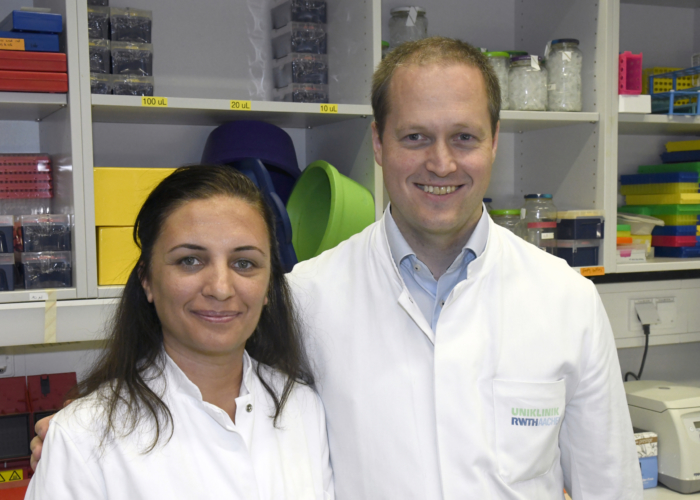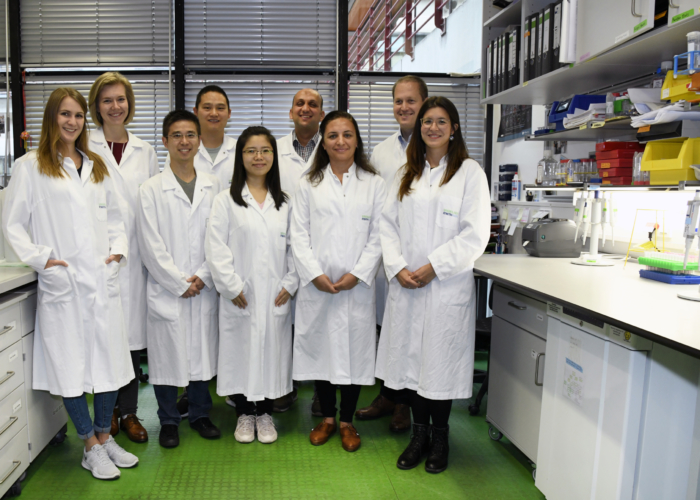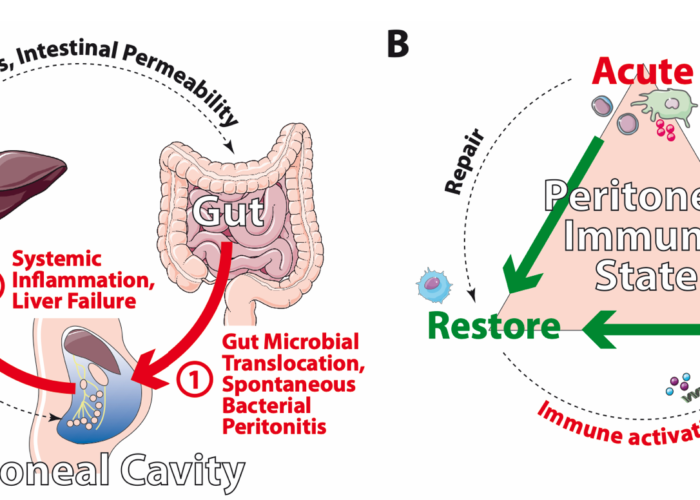A03: Role of proteotoxic stress in the gut-liver axis
First funding period: The role of epithelia in the gut-liver axis
Primary sclerosing cholangitis (PSC) is a hallmark of the gut-liver axis and characterised by simultaneous intestinal and biliary injury.. In the first funding period project A03 studied factors expressed by the intestinal and biliary epithelium that may contribute to concurrent enteric and liver injury as it occurs in many patients with PSC. Mice deficient in keratin 7 (K7), keratin 19 (K19) or both proteins have been analyzed as these keratins are expressed in intestinal and biliary epithelia but not in hepatocytes. Moreover, serum keratin 19 was identified as prognostic biomarker of severe alcoholic hepatitis.
In the last years the A03 team established a Europe-wide AATD consortium systematically studying alpha1-antitrypsin deficiency (AATD), a disease resulting from inherited mutations in the alpha1-antitrypsin gene that leads to proteomic stress in the liver due to the retained, aggregated protein. The most clinically relevant genotype is the homozygous PIZ mutation termed PIZZ.that strongly predisposes to development of liver disease with peaks in early childhood and later adulthood.
Second funding period:
Given the findings from the first funding period, A03 will adjust the focus of the project and further examine the emerging impact of gut-liver axis-related factors on AATD-related liver injury. The proteotoxic stress in inflammatory and intestinal cells and their response to gut-liver axis-related factors will be tested. An iterative assessment of human samples and experimental models will uncover the importance of the gut-liver axis in AATD.
In this funding period A03 will
- Study the role of bile acids and proinflammatory mediators in alpha1-antitrypsin deficiency
- Test how monocytes and neutrophil-derived alpha1-antitrypsin affects the function of these cells and response to gut-liver related factors
- Characterize intestinal changes in PiZZ subjects with different liver disease stages



